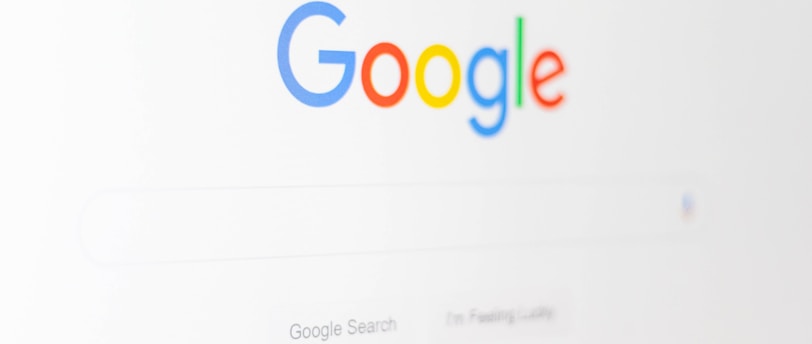Google Launches Implicit Caching in Gemini API, Cutting AI Costs by Up to 75%
Discover how Google’s new implicit caching feature in the Gemini API can cut AI model usage costs by up to 75% through automatic prompt optimization.
INTERNET AND SOCIAL MEDIA
Team Spark Tech
5/9/20252 min read


New Gemini API Feature From Google Reduces AI Usage Costs With Implicit Caching
On May 8, 2025, Google unveiled a key update to its Gemini API: the introduction of "implicit caching." This innovative feature is designed to make interactions with Google's advanced AI models more affordable and developer-friendly by optimizing how repetitive information in prompts is handled.
What is Implicit Caching?
Implicit caching is a system that automatically detects and stores repetitive sections of prompts sent to AI models. By caching this information and reusing it across multiple calls, the API significantly reduces processing needs, saving both time and money.
Implicit vs. Explicit Caching
Previously, Google offered "explicit caching," which required developers to manually flag which parts of the prompt should be stored and reused. While powerful, it added complexity. Implicit caching removes this barrier by automating the process—developers no longer need to manage cache logic manually.
Key Benefits of Implicit Caching
Cost Reduction:
Google reports that developers can save up to 75% on inference costs by utilizing this new feature, especially for repetitive tasks.
(TechCrunch)Developer-Friendly:
No manual configuration or caching setup is required—making it easier for teams to scale applications using AI.Performance Gains:
By eliminating redundant processing, the feature speeds up response times, improving the user experience in real-time applications.
Supported Models
Implicit caching is available on the following Gemini API models:
Gemini 2.5 Pro:
Requires a minimum of 2,048 tokens in the prompt for caching to be triggered.Gemini 2.5 Flash:
Requires a minimum of 1,024 tokens for caching activation.
These thresholds are designed to ensure caching only applies when it can provide significant performance and cost benefits.
How to Maximize Implicit Caching
To get the most out of implicit caching, Google suggests the following practices:
Prompt Structuring:
Place general instructions or repeated content at the beginning of the prompt, followed by task-specific data.Consistency:
Use a uniform structure across prompts to help the system detect repeated elements more easily.Monitoring & Iteration:
Analyze model performance and refine prompts to better align with caching behavior.
Implications for Developers and Businesses
This release marks a major milestone for developers and enterprises relying on Google's AI tools. By reducing both costs and development complexity, implicit caching paves the way for more widespread AI adoption—from chatbots to enterprise analytics platforms.
It also lowers the entry barrier for startups and small teams who may have previously struggled with the financial or technical overhead of managing prompt optimization manually.
Final Thoughts
Google's launch of implicit caching in the Gemini API represents a significant step forward in making high-performance AI more accessible and cost-effective. With reduced costs, automated caching, and support for real-world use cases, this feature is set to become a cornerstone of efficient AI development in 2025 and beyond.
Primary Source: TechCrunch
Read More...
Image credit to Christian Wiediger on Unsplash
News
Stay up to date with the latest technological news, Science, Internet, Social Networks and Smartphones.
© 2025. All rights reserved.
